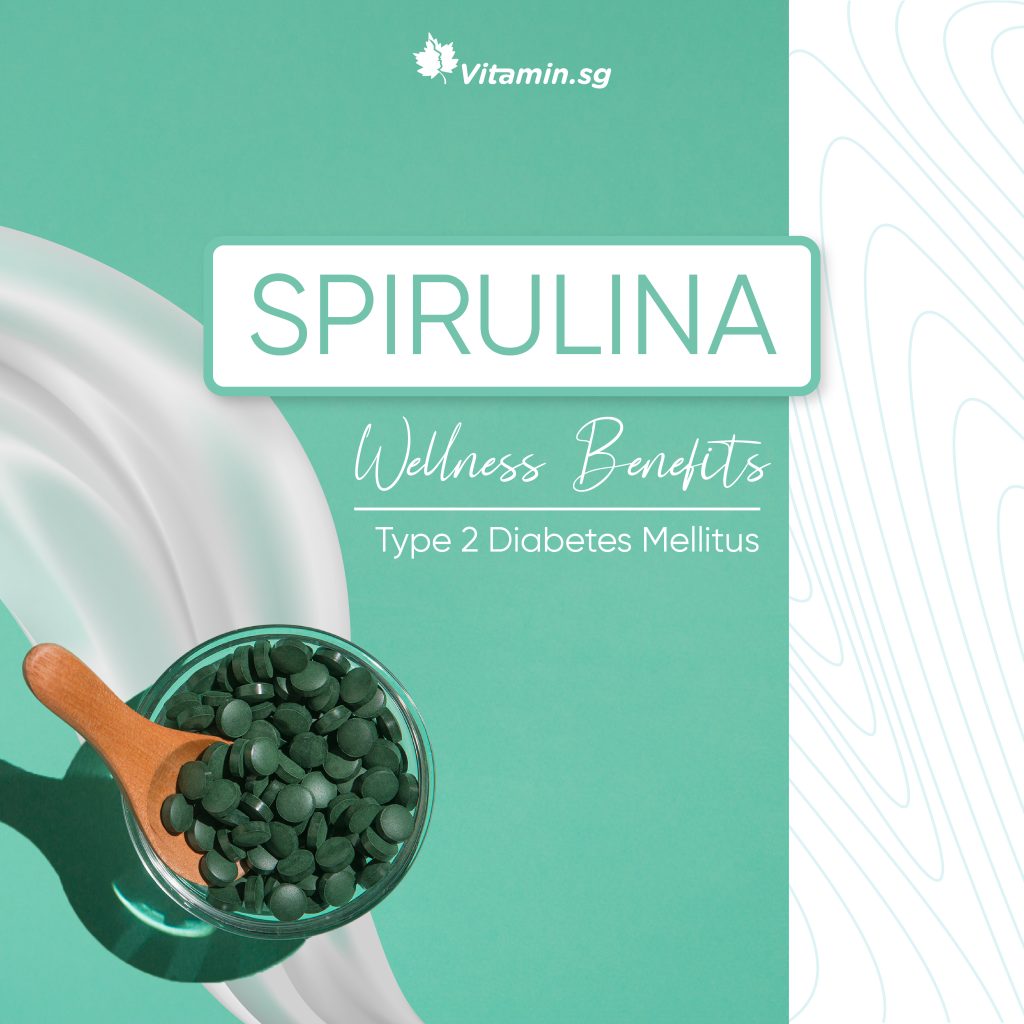Home / Health Blog / Knowing Your Multivitamins

While there is no standard scientific, regulatory, or marketplace definitions for multivitamins, multivitamins can be categorized. As published in The American Journal of Clinical Nutrition, multivitamins “vary in the types, numbers, and amounts of vitamins and minerals they contain and whether they contain other nonvitamin and nonmineral ingredients (eg, dietary fiber, botanicals, glucosamine, lycopene)”. In short, multivitamins are supplements that contain a blend of vitamins, minerals, and some additional nutritional elements. There are other kinds of supplements that contain a range of vitamins, like B-complex, but they are not as comprehensive in their scope as multivitamins. There is a host of multivitamins available in the market, formulated to target specific consumer categories as different groups are defined by different needs. One of the most common factor that influences formulation is gender because, very simply, men and women have different nutritional needs. Age group is another factor, as the optimum amount of nutrients your body needs changes as you age. For example, vitamins needed by girls, pregnant women, menopausal, and post-menopausal women are different. The purpose, and hence composition, of the multivitamin changes with its classification and target group. Although products from different manufacturers may have the same name, they may differ slightly in composition; every label is different as manufacturers independently decide on the combination and amount of ingredients to incorporate in each product. Having said that, the most common multivitamins are once-daily products that contain vitamins and minerals in the amounts that do not exceed the recommended Daily Value (DV). Commonly known to promote health, many take multivitamins as a means to increase their nutrient intake and achieve the recommended amount of vitamins and minerals. You can picture the effect of multivitamins to the body as that of oil to a rusty part; it benefits you by enriching the quality of life experiences and by boosting your performance in the routine. Do be mindful that as your body only absorbs the necessary amounts of vitamins and minerals, overcompensating or carelessly consuming large quantities of supplements will not lead to optimal health. A balanced diet is ideal and should be the primary source of nutrients. Hence it is important to learn what to take, the proper dose to take, and understand why your body needs it!



